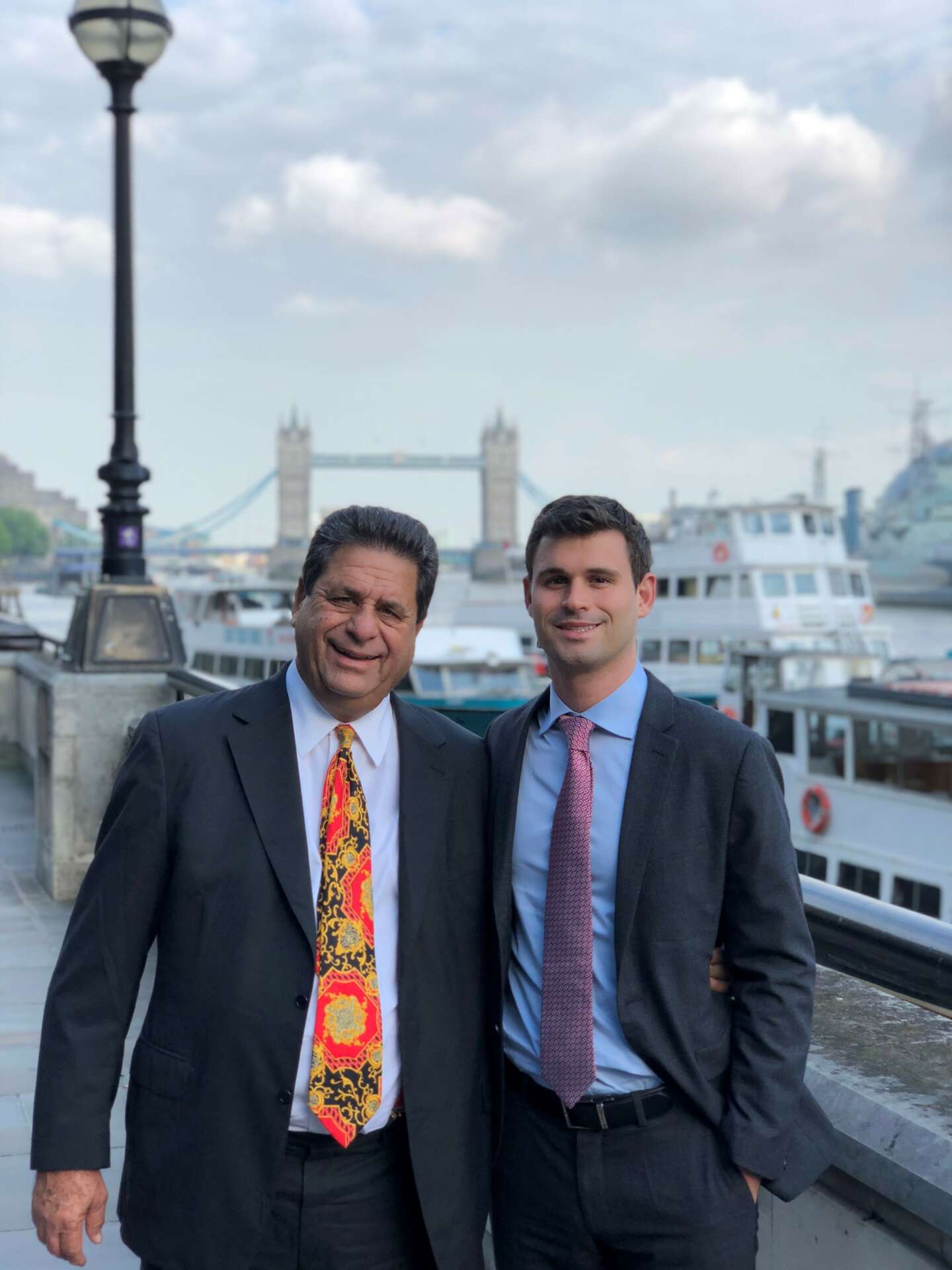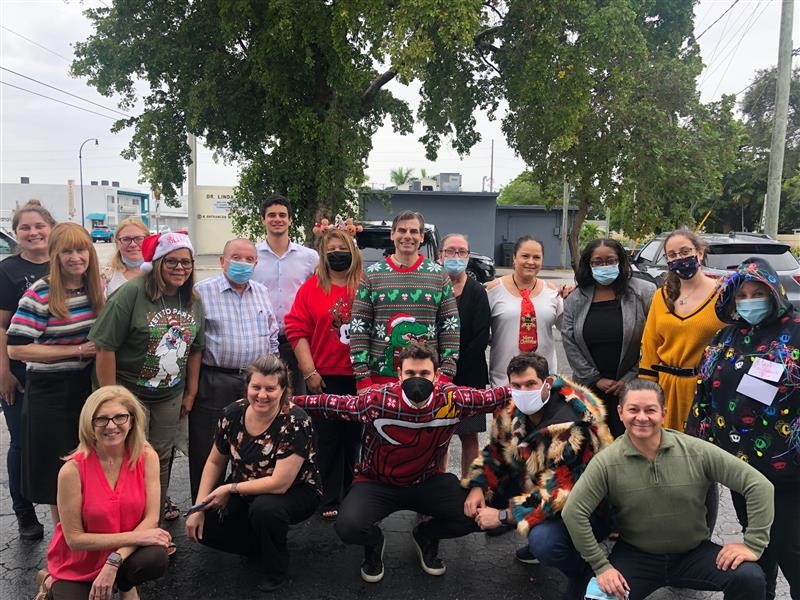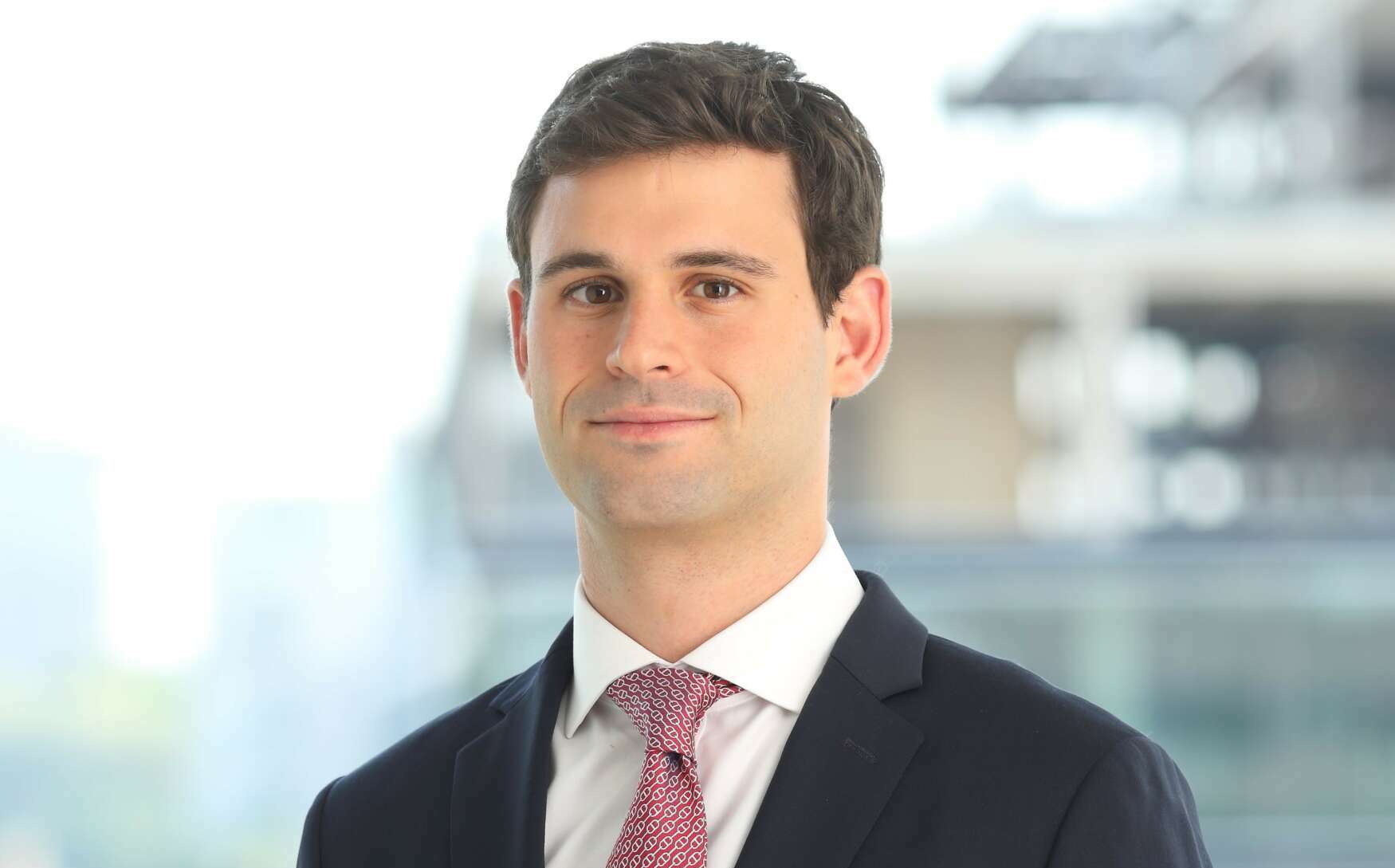We’re excited to introduce you to the always interesting and insightful Brian Riemer. We hope you’ll enjoy our conversation with Brian below.
Brian, thanks for taking the time to share your stories with us today We’d love for you to start by sharing your thoughts about the pros and cons of family businesses.
As the dominant form of business, family-controlled enterprises propel the global economy. How those firms foster and enforce a culture of stewardship influences how those firms perform in the long-term. Without an established stewardship culture, multiple generational success is threatened by problems such as succession, lack of communication, conflicts of interest, and inflexible governance procedures. The challenges that these businesses encounter result in only 3% making it to 4th generation. A cycle of wealth growth, complacency, and collapse frequently victimizes these companies. Through a stewardship culture, family businesses can develop and exploit the competitive advantages that have proven to translate into superior returns over non-family enterprises.
The definition of a stewardship culture is two-fold: (1) it is a bundle of values which promotes service to a system to achieve self-interest and (2) it is a responsibility to preserve and protect those values, which develop long-term family health over short-term individual gain by developing resources for long-term competitive advantage. While some might argue the benefits of agency theory (governance through the economic rationality of agents) over stewardship, agency theory limits the ability to enforce those values with authenticity and retain a long-term competitive advantage. Without this sustainable competitive advantage that stewardship advances, multigenerational success of a family-controlled business is unfeasible.
Following the multi-dimensional components of stewardship, it is evident that this culture is a requirement for successful multigenerational performance. These behaviors deepen commitment, construct structural foundations, underscore the significance of shared purpose, and diffuse parallel values to other contributors of organizational success. The vulnerability of family-controlled enterprises to the various stages of family development and the increasing complexity of organizations over time, highlights and substantiates the value of stewardship cultures across industries, business models, and generations.


Great, appreciate you sharing that with us. Before we ask you to share more of your insights, can you take a moment to introduce yourself and how you got to where you are today to our readers
How did you get into your business? After graduating from Harvard, I got an analyst position at an investment bank. I decided to begin my career in investment banking because of the financial training and the opportunity to work on problems that CEO’s of major companies faced such as mergers & acquisitions, restructurings, and sales. When advising companies, the part I really enjoyed the most were the opportunities I had to take a step back and think through what are the key value drivers and risks of a business. Therefore, I decided to take a position in Private Equity, where instead of advising companies, I was able to invest in them. After 3 years in Private Equity, which I enjoyed immensely, I decided that I wanted to do something entrepreneurial. My family business was an incredible platform for me to be able to grow and lead a business. Before coming into the business, I needed to learn a different skillset – management. Consequently, I went to Wharton to get an MBA and focus on my development. Growing up in South Florida, I remember the devastation caused by forces beyond people’s control, such as hurricanes and floods, and I love the idea that at Riemer Insurance, I get to protect people everyday.
What are you most proud of?
I am most proud of all of the sacrifices that my family has made to grow our business into the thriving organization it is today. It was started from nothing. My father, mother, brother, and our many long-time employees have put so much blood, sweat, and tears into our growth. It is hard to explain the immense pride I have to work with them daily.


What’s worked well for you in terms of a source for new clients?
Our best source of new clients has been our existing clients. Our team is compensated the same for both new business and renewals because we believe that if you treat an existing client like you would a new client you are trying to attract, it will lead to better customer service, retention, and reputation in the marketplace. Our business is heavily reliant on word of mouth and referrals.
Can you talk to us about how your side-hustle turned into something more.
While I spend the vast majority of my time working in the Insurance industry as CEO of Riemer Insurance Group, our family developed a real estate business on the side. The thesis we had was that we would invest the profits we gained from insurance into real estate and execute on a vision to improve a neighborhood. We have been able to scale the business to about 150 properties by just focusing on this specific neighborhood in Hallandale Beach. It is hard to say that there were key milestones that led to its growth because we truly grew the business little-by-little, month-by-month.
Contact Info:
- Website: www.riemerinsurance.com
- Instagram: @riemerinsurance
- Facebook: https://www.facebook.com/RiemerInsurance
- Linkedin: https://www.linkedin.com/company/riemer-insurance-group
- Twitter: @riemerinsurance
Image Credits
no image credits


